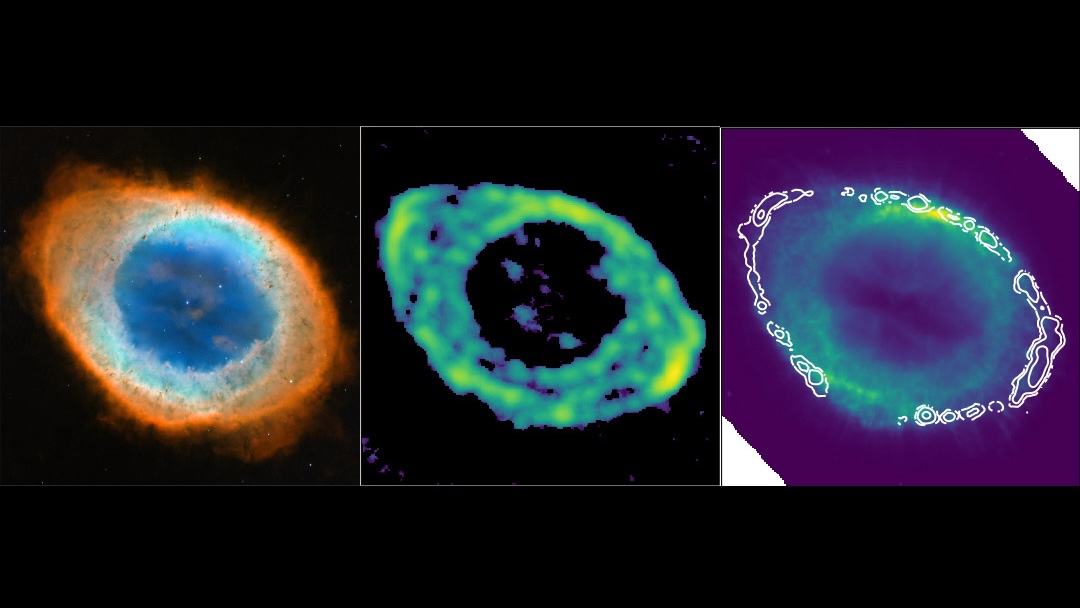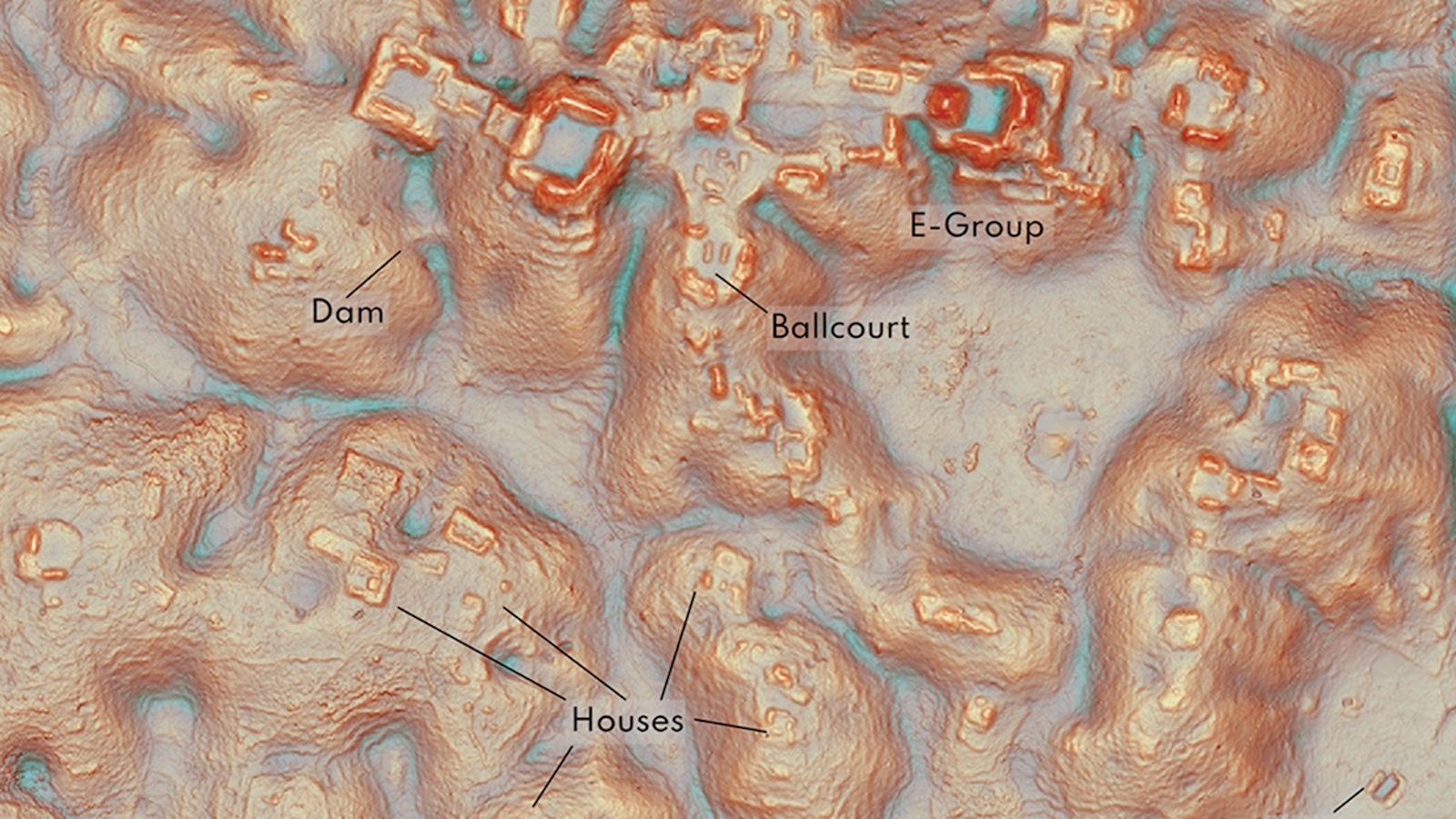The Oregon Trail was an educational game often preloaded on many school computers. In it, students tried to get their wagon family all the way to Oregon, following the trail. Almost always, someone died of dysentery, leading to the ever popular meme, “You have died of dysentery.”
Dysentery is a disease where the intestine is inflamed, leading to blood in the stool. It can be caused by amoeba or bacteria, even a version of E-Coli. A main treatment of it is to stay hydrated, which can be a challenge if there’s no clean water around. Dysentery has killed everyone from ordinary citizens to King John of England. It has been a longtime killer of soldiers, and for a long time, there wasn’t much soldiers could do. The main treatment is just to stay hydrated, and sometimes in the field of war, there is simply not enough fresh water to supply what is needed.
In the American Civil War, over nine thousand Union men died from dysentery alone, rather than being shot at. It was one of the top three killers of the war. During these times, the connection between hygiene and disease wasn’t known, so doctors didn’t wash their hands or tools before surgery. They didn’t wipe down surgical supplies in between surgeries, either. Cross contamination wasn’t discovered until much later, so many people spread the disease through neglect. Treatment for dysentery was often just drinking a lot of water, or in the Napoleonic Wars, an avid diet that included rice broths.
Today, it is much easier to treat dysentery, and to avoid getting it. Doctors know how to keep their stations clean and drop the risk of infection. The FDA has approved medications to treat it, but diarrhea can still affect soldiers. Overseas, soldiers eat food their stomachs are not accustomed to and the water may not be entirely clean. In the middle of a mission, there is not likely to be a some conveniently located indoor plumbing for them to relieve themselves.
These situations are not often thought of, especially by civilians, but they happen. It is easier now to treat diarrhea, but the disease still affects soldiers in very serious ways. Mary Roach’s book on the topic is Grunt: The Curious Science of Humans at War.
Mary Roach: I started out with this amazing quotation from William Osler, the father of modern medicine, which I think he said in the 1890s. "Dysentery has been more fatal to soldiers than powder or shot," powder or shot being what they killed people with in combat and the statistics are amazing. The Mexican American War - diarrhea and Mexico seemed forever linked sadly. This ratio of seven to one soldiers killed from disease versus combat wounds, and a lot of it was dysentery. More than it was malaria it was dysentery. And dysentery is an extreme form of diarrhea where the pathogens are invading the lining of the intestine to the point where you have blood. And it's a serious situation. You're dehydrating; you're bleeding. Nowadays you don't see soldiers dying of diarrhea, but what you do have is situations where, especially in the special operations, Special Forces these folks who are operating say out in Somalia or Yemen dealing with villages that insurgents are coming in trying to win people over. They're sitting down to meals with a lot of like elders in the village, eating food that's not been refrigerated necessarily, water that's not filtered or treated and they're getting sick at a rate twice that of the average enlisted service members.
And they are also doing the really high risk classified, you know, go in and take out Osama bin Laden, whatever, they're doing some of the more snipers there. So it's a situation that it may be a life or death situation too, meaning you can't sort of stop in the middle of a mission and go excuse me, I'm dealing with some extreme urgency. I've got to duck behind a rock. They're just in a situation where they're going to soil themselves. It was an interesting reporting challenge. I found myself in Camp Lejeune in Djibouti were a lot of this counterinsurgents work goes on. The special operations folks are off in their own restricted zone but they come into the cafeteria with everyone else. So I had to approach strangers over dinner to have conversations about diarrhea, which was an interesting reporting challenge. But to them it wasn't a silly topic. It was serious and they had a lot to say about it so it was really interesting.






